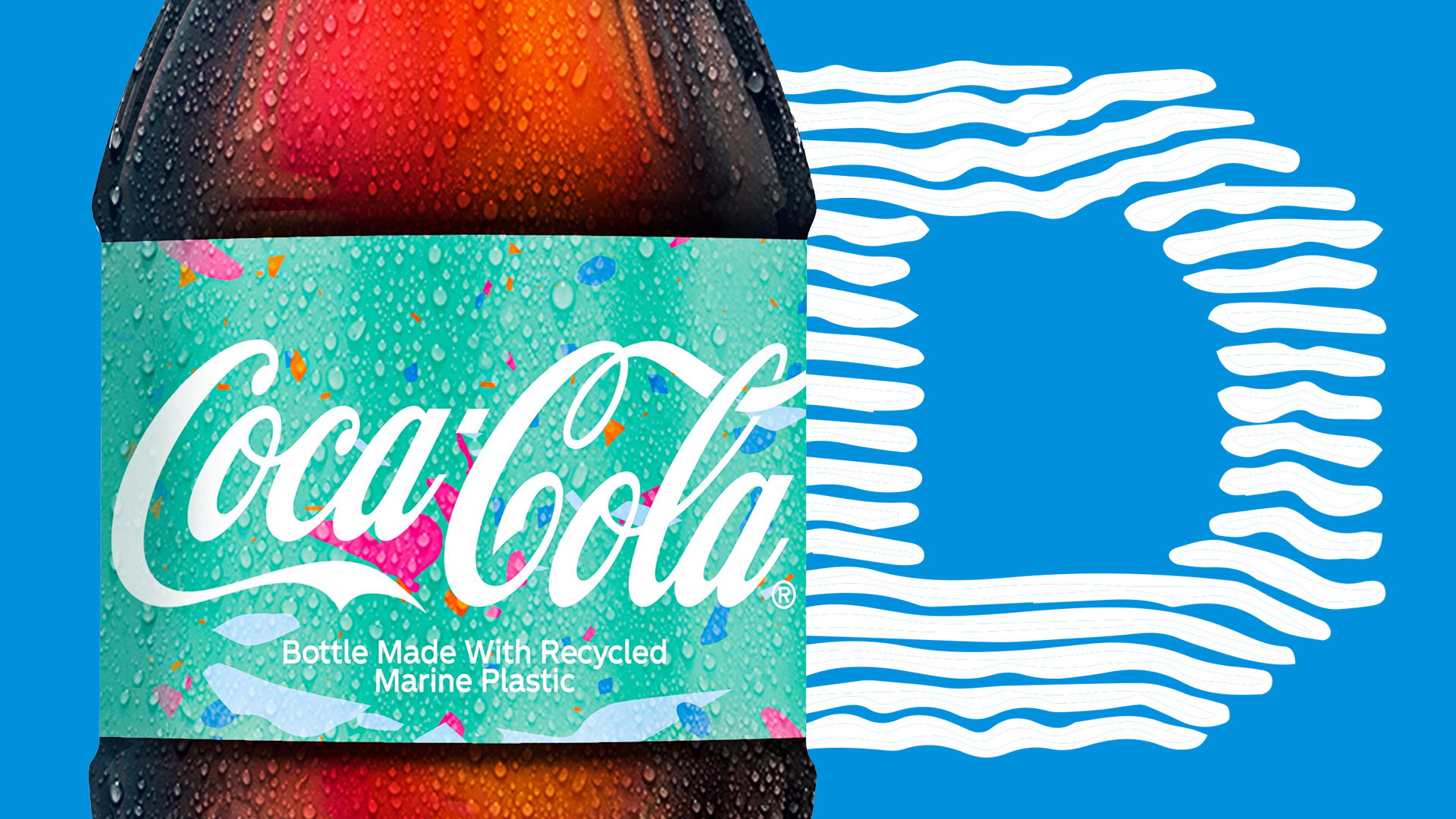Coca-Cola Is Making A Bottle Out Of Ocean Trash and We’re Supposed To Act Like it’s OK
By
Published
Filed under

By
Published
Filed under

On the same day as the world’s first-ever Plastic Health Summit, where researchers announced that microplastics cause accelerated cell death and can potentially damage our immune system, Coca-Cola unveiled their first-ever sample bottles made using recovered marine plastic, AKA, ocean trash.
The irony is ripe. Coca-Cola, the single largest marine polluter, believes that the plastic ocean trash they are considerably responsible for could one day be used to repackage their beverages, which would then likely end up right back in the ocean. This is a poorly timed apology masquerading as a solution and is greenwashing at its finest.
In a 2018 Global Brand Audit by Break Free From Plastic, over 187,000 pieces of collected plastic marine trash were examined to identify the world’s brands that pollute our oceans and waterways.
Get unlimited access to latest industry news, 27,000+ articles and case studies.
Have an account? Sign in